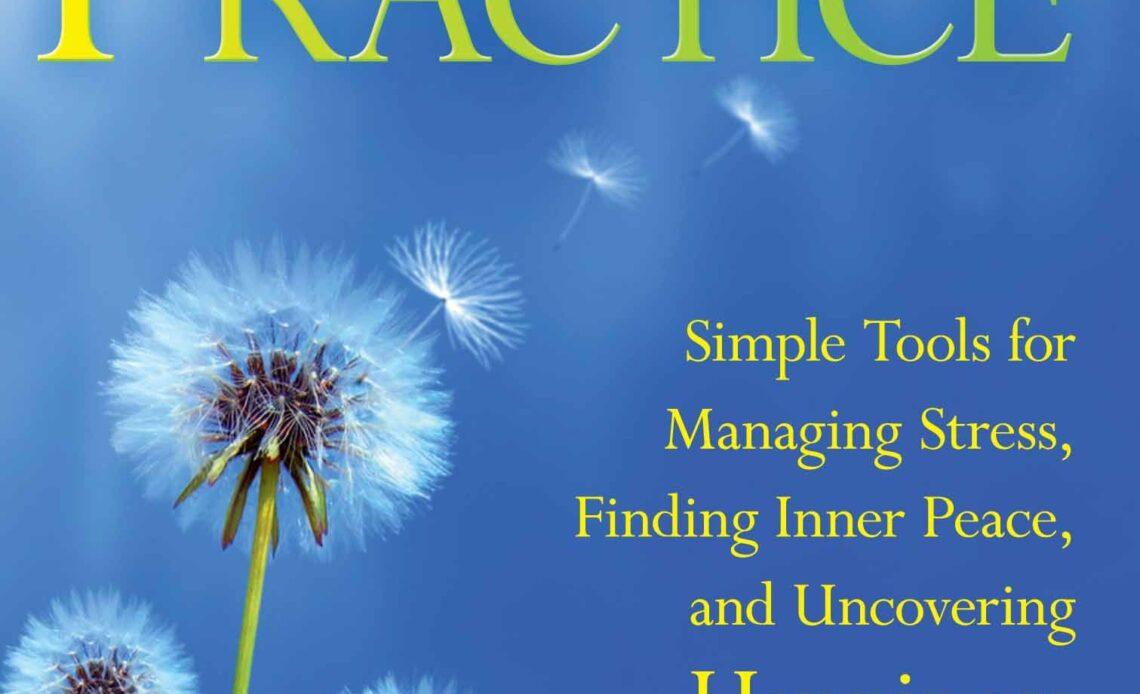
Stress is an inevitable part of life, but too much exposure can have detrimental effects on both physical and mental wellbeing.
There are several easy techniques you can try to reduce stress and find inner peace. These will not only make you feel better, but they may also enable your best performance at work or school.
Exercise
Exercise is an excellent stress reduction tool, as it provides immediate gratification. Furthermore, exercising trains your body and mind to respond more effectively during stressful circumstances.
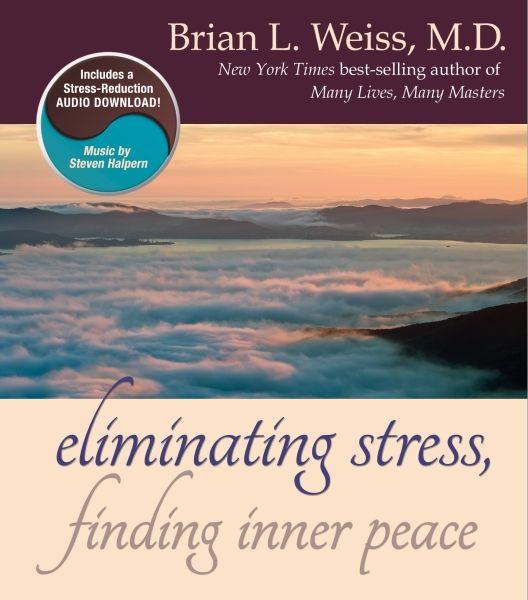
According to the Centers for Disease Control and Prevention (CDC), exercise boosts your self-confidence and helps combat symptoms of mild depression and anxiety. It improves your mood, lowers stress levels and promotes better sleep patterns.
According to the Centers for Disease Control and Prevention (CDC), adults should aim to complete 150 minutes of moderate aerobic exercise per week in order to reap its substantial benefits.
If you haven’t exercised in some time or have health concerns, it is essential to speak with your doctor before beginning a new workout regimen.
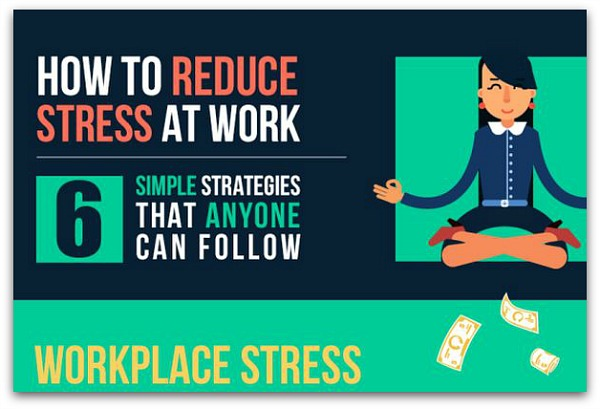
Making exercise a part of your lifestyle requires finding ways to enjoy it. If exercise becomes just another chore, or feels like work, then it shouldn’t be so if you want the stress-reducing benefits that accompany it.
Spend Time in Nature
When feeling overwhelmed or under the spotlight, spending time outdoors is an effective strategy to reduce stress and find inner peace. No matter the season, you can practice this practice by taking a leisurely walk through the forest or visiting green spaces nearby.
A recent study suggests that spending even 20 minutes outdoors can significantly reduce stress hormones and lift your spirits. To investigate this hypothesis, researchers reviewed numerous studies which focused on college students’ experiences of being outdoors.
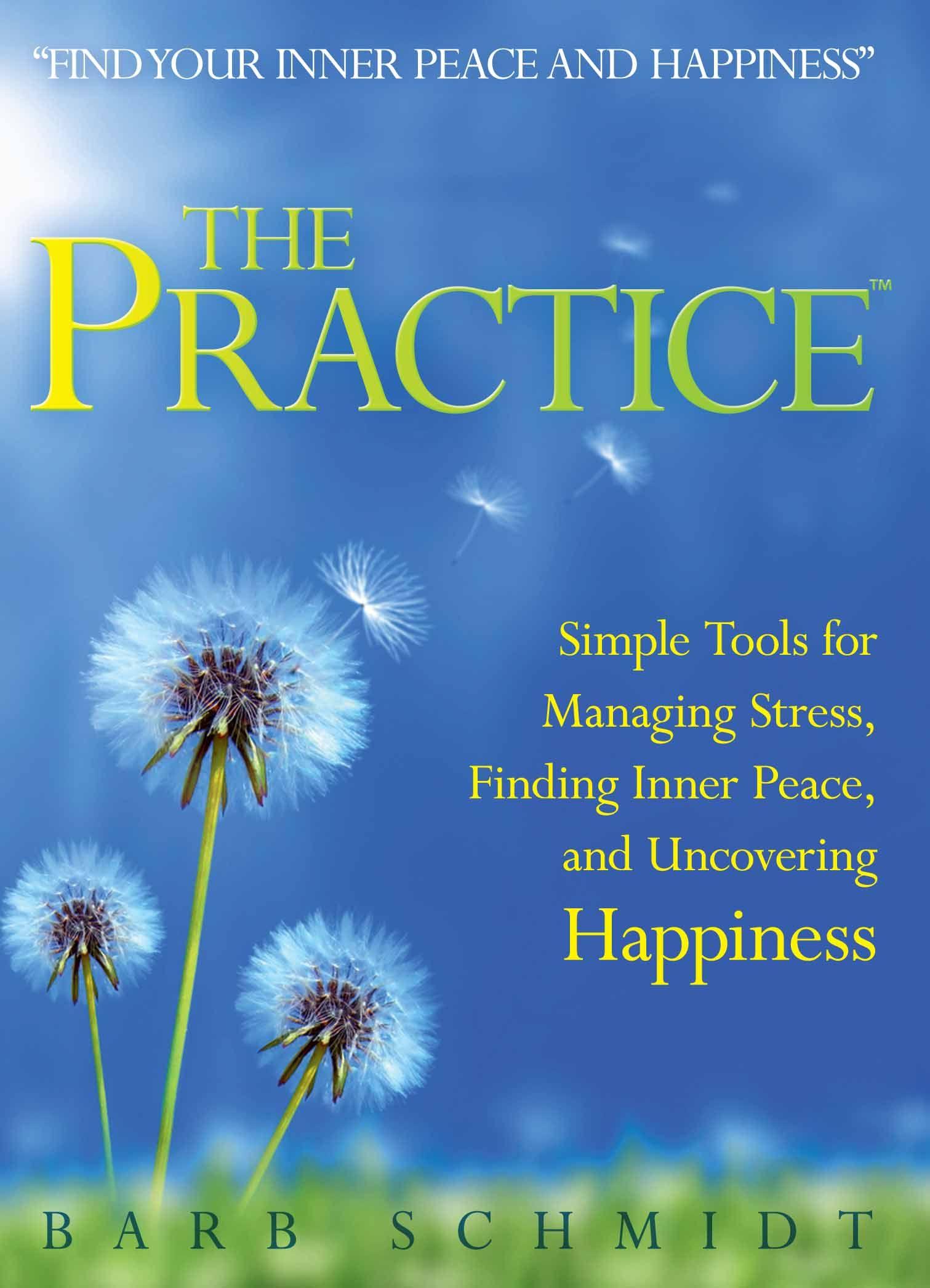
Researchers discovered that students who spent 10-50 minutes outdoors experiencing natural spaces reported improvements to mood, focus and physiological markers such as blood pressure and heart rate. Quality of the environment was also linked to these beneficial effects, including higher biodiversity levels, diverse trees and plants and a tranquil landscape that felt serene and restful.
Practice Self-Care
Self-care is the practice of making time for activities that make you feel good and enhance your mental, physical, and emotional health. Studies have demonstrated that even small acts of self-care can have a major impact on how happy and healthy you are overall.
No matter the form of self-care you take on, from meditation to writing in a journal, taking some time each day for yourself will help you find peace and refocus your energy when things get overwhelming.
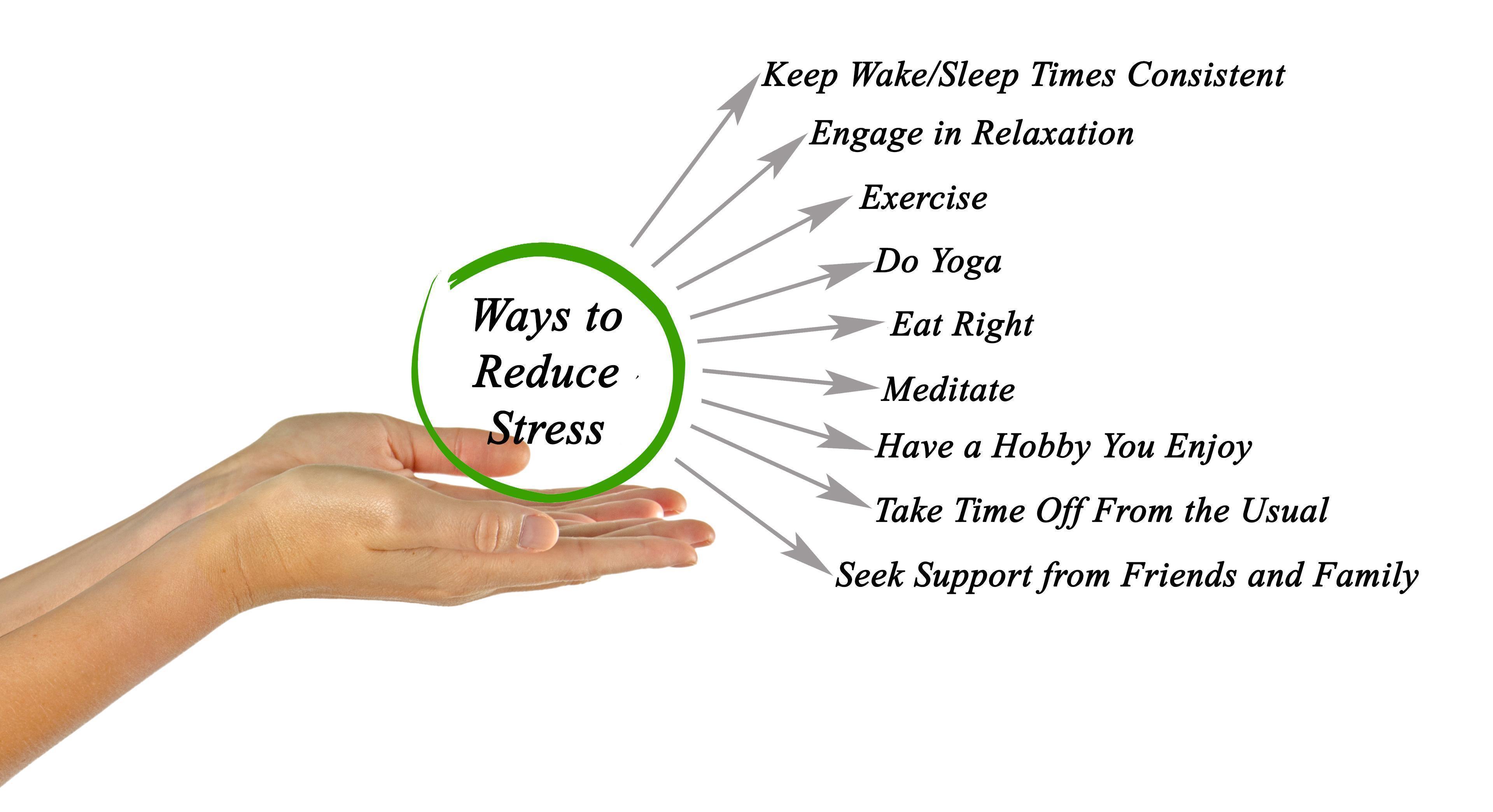
Additionally, practicing self-care will enable you to be more present with others, which is especially helpful when aiding someone who faces mental health or substance use difficulties.
You can gain more insight into practicing self-care by speaking to a counselor or therapist. They will assist in recognizing what’s causing you stress and offering solutions for reducing it or finding solutions.
Get Support
Stress in everyday life not only has physical effects, but can also have psychological ones. Reducing stress levels can lower the likelihood of developing various conditions like depression and anxiety.
When facing stressful events, it’s essential to find support from others. This could include friends, family members, co-workers or spiritual organizations.
A 2022 study revealed that social support can significantly enhance resilience when facing stressful circumstances. Those living alone or having limited social networks should especially strive to obtain such assistance.
Finding peace of mind often necessitates letting go of unnecessary control over yourself and other people. For instance, if someone makes an error or does something that doesn’t align with your values, don’t take it personally and turn it into a personal attack on yourself.

